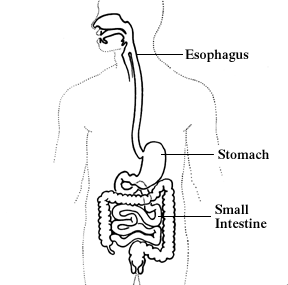A Dose of Clear Directions for Rx Drug Users
More than four centuries ago, doctors were considered omnipotent, and the ethical statutes of England’s Royal College of Physicians instructed: Let no physician teach the people about medicines, or even tell them the names of the medicines, particularly the more potent ones … for the people may be harmed by their improper use.





